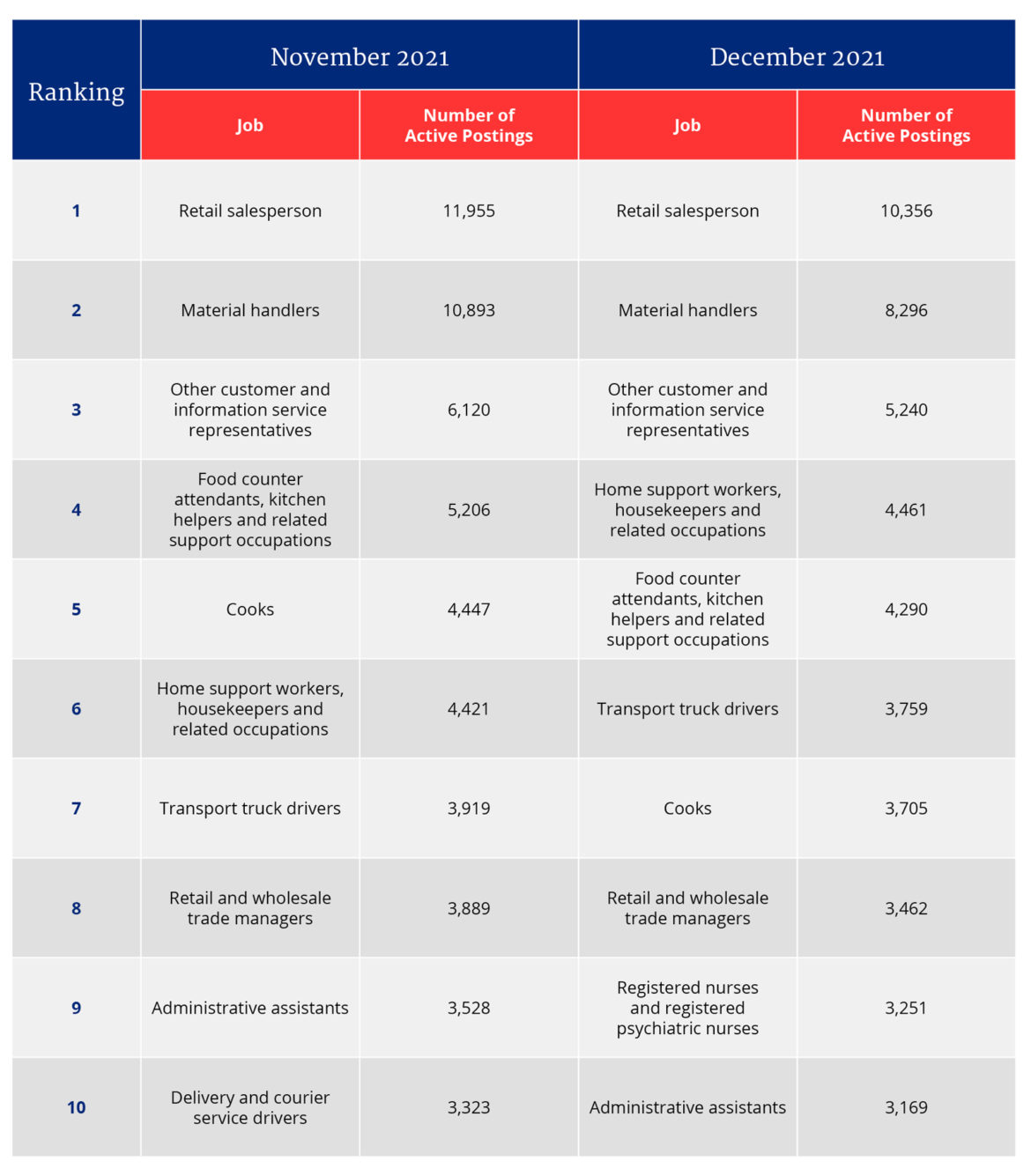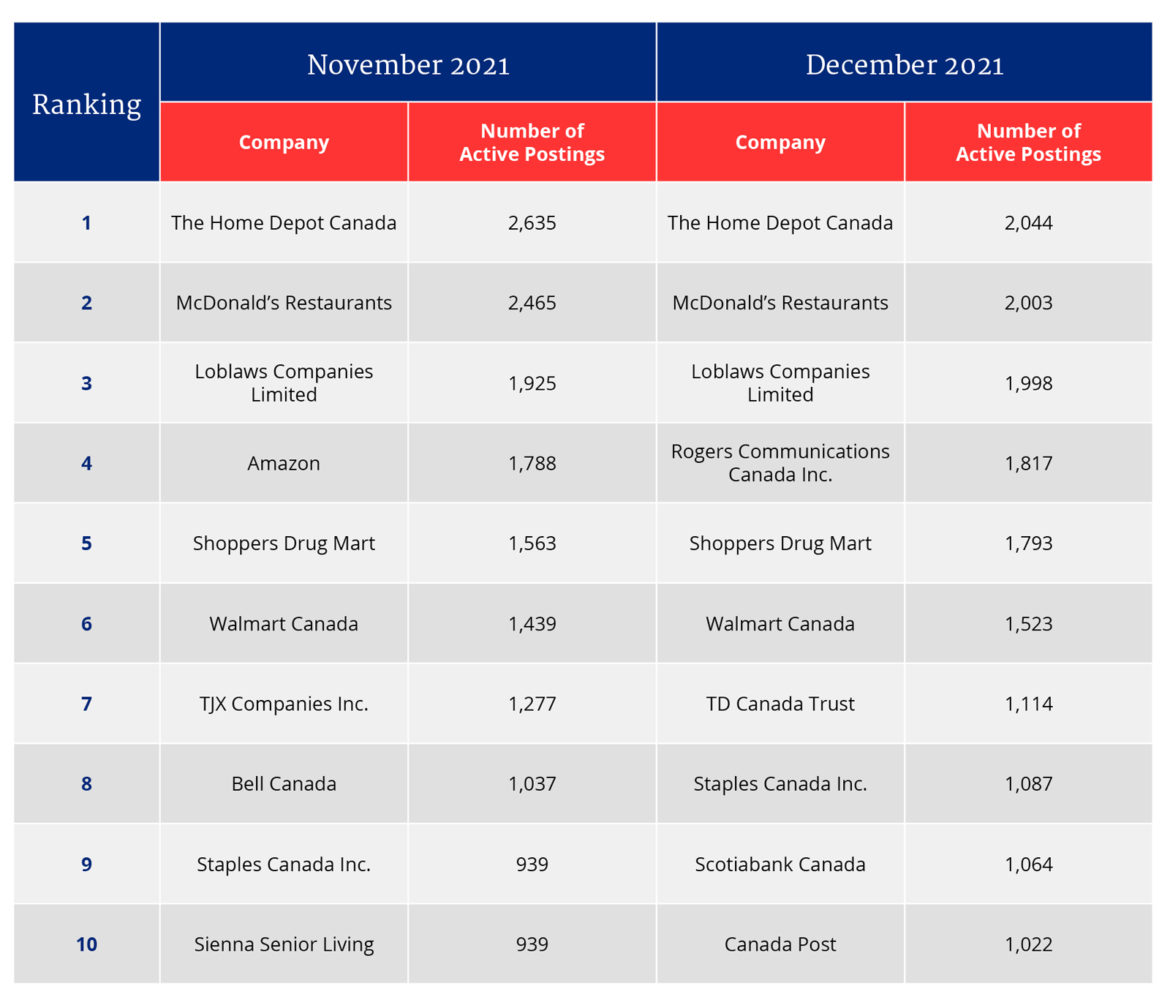A core objective of every federal, provincial, and local government is to promote “economic development”, which is understood as the improvement of our standard of living through the creation of jobs, the support of innovation, the creation of wealth, and an overall better quality of life. Economic growth is more or less table stakes for officeholders who hope to be re-elected since a shrinking economy is never good news for the incumbent.
Consequently, it is hardly surprising that jurisdictions will compete ferociously to attract fast-growing companies. Just witness the frenzy over the announcement by Amazon in 2018 of their intention to create a second headquarters. Dozens of cities across the U.S. and Canada offered extraordinary incentives in the attempt to win the prize. Atlanta offered to build an exclusive airport lounge. Boston offered zero-interest loans to Amazon employees. Columbus offered to make exceptional efforts to reduce their “unacceptable” murder rate. All of this on top of billions of dollars of incentives, subsidies, and tax reductions that were merely the price to play.
Amazon is currently the fourth largest company in the world, measured by market cap. It didn’t even exist 25 years before it sparked the frenzy created by its HQ2 announcement. Of the ten largest companies in the world at the end of 2021, only Saudi Aramco and Berkshire Hathaway pre-exist the digital age. Half of them (Facebook, Alphabet, Tencent, Alibaba, and Tesla), still haven’t reached 25 years of age. We truly live in an age of remarkable disruption, but how many of these corporate behemoths will hold their place in the top ten 25 years from now?
History says, “not many.” Turnover among corporate leaders is nothing new. The Dow Jones Industrial Average has tracked the 30 largest U.S.-listed public companies since 1896. It has recorded 93 changes over the last 92 years as economic fortunes rose and fell. In fact, the current average length of time spent by companies now on the index is only 20 years.
The lesson here is one that we forget all too often in Canada; the greatest tool for economic development ever invented by man is entrepreneurship. The vast majority of new jobs are created by startup companies. While it’s tempting to join the chase to import entrepreneurial success by outbidding other towns and cities at great expense—and there is a role for that—perhaps communities would be better served in the long run and generate a better return on investment by de-emphasizing the bidding process and nurturing the next Steve Jobs, Bill Gates, Jeff Bezos, or Elon Musk from among those that already live there.
In Canada, approximately 12.5 million people, out of 19.3 million employed, work in the private sector. Another 2.6 million are self-employed. Thus, 78 percent of the Canadian workforce are either entrepreneurs or are employed in businesses that at one time were created by entrepreneurs. There’s no Shopify without Tobias Lutke, no Lululemon without Chip Wilson, no Barrick Gold without Peter Munk; these men were rock stars. On the other hand, it’s not just the ones that end up creating massive companies that matter; 98 percent of Canadian businesses employ fewer than 100 people. These are the folks that we all rely on to create the opportunities that build our tax base and improve our standard of living. In other words, to create economic development.
Economic development is what gives governments something to distribute. While we have attempted over the past few years to borrow and spend our way to prosperity, in the long run, an economy can only sustain expenditures that it can financially support through its tax base.
So then, if entrepreneurs are so essential to our general wellbeing as a society, should we not devise policy that treats them as such? The former minister of finance characterized them as tax cheats and applied punitive taxes which are complicated to calculate. Municipalities layer on expensive regulations and raise business tax assessments annually with little regard for the ability to pay. Two years into a historic pandemic, provincial governments apply punishing lockdowns and other restrictions with minimal warning, leading to painful inventory, payroll, and overhead expenses. The list goes on.
Sadly, while Canadian politicians routinely pay lip service to the importance of business, there are plenty of ways in which they simultaneously impede the ability of the business community to prosper. It’s almost as if they don’t understand what drives entrepreneurs and what conditions enable them to succeed. Then again, why would they? There are few entrepreneurs in positions of political leadership in this country. For example, the economic portfolios of the current federal Cabinet are led by ministers with backgrounds in journalism, social work, victim services, graphic design, and politics. The prime minister famously was a substitute teacher before embarking on his political career. These jobs may provide value to society, but they don’t offer much exposure to the unique difficulties of turning an idea into a going concern.
At a minimum, it would probably be economically beneficial for the country to have a few lawmakers that understood both the critical importance of entrepreneurs and the challenges of actually being one. We need to comprehend that opportunities always exist in periods of disruption, that identifying opportunities is a skill that can be acquired, and that having the courage to act is easier with the support of the broader community, starting with the genuine support of our political leaders through their policy prescriptions.
If we can’t turn entrepreneurs into politicians, perhaps we can work on building a culture that celebrates, appreciates, and encourages the value they provide. In time we might be able to focus less on luring outsiders and more on the much more cost-effective and impactful strategy of embracing and supporting the talent we already have.
Recommended for You

Ginny Roth: J.D. Vance, Pierre Poilievre, and how they slice their economic pie

David Polansky: As President Biden leaves the race, will the Democratic Party hodgepodge hold?

RCMP spending to protect MPs may have risen 112% since 2018, as Canadian politicians face greater rise in threats

Trevor Tombe: Canadians are paying billions in hidden taxes on new homes











